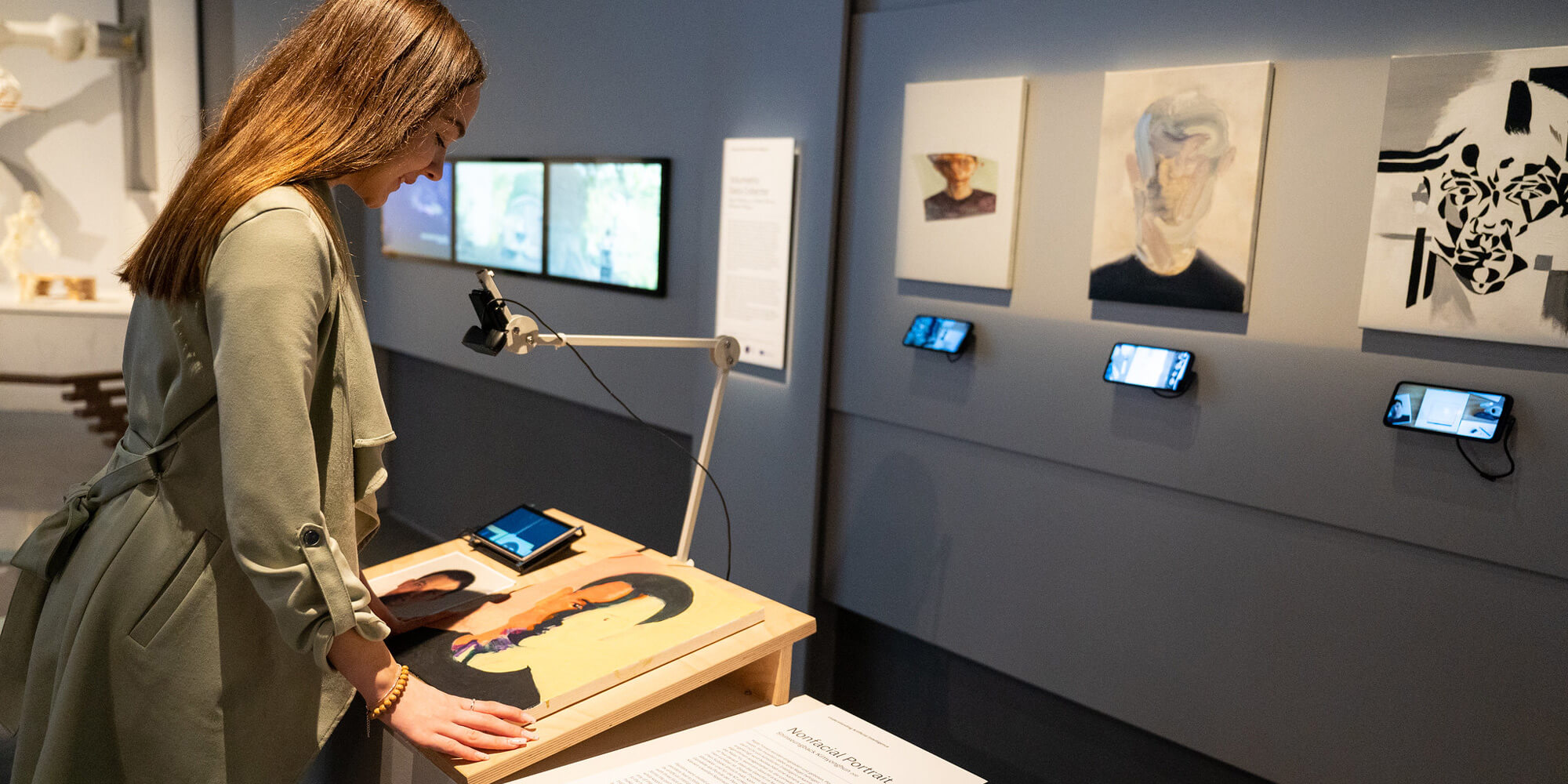That digitization has spontaneously turned our everyday lives – the way we live, love, learn, work, consume and communicate – upside down is not something we can even claim right now, at the start of the great AI revolution. How long it has been with us in the first place cannot be accurately determined.
Read more: Equipped for the future?If you ask one of their latest achievements – the chat bot AI ChatGPT, which was presented to the general public last fall – about this, you will get more or less reliable but concrete information with the introductory words “Essentially, the beginning of digitization in the late 1940s and early 1950s is marked by the development of the first functional digital computer.” And who else should we ask for such a complicated answer today?
But digitization as we understand it today, ChatGPT further concedes, began in the 1990s with the advent of the World Wide Web and increasing access to the Internet. This, according to Chat Bot, led to an exponential increase in networking, communication and data sharing. The development of smartphones, social media, cloud computing and other technologies would have driven digitization even further in the years that followed. In any case, it is important to note the fact that it’s a continuous process and has evolved over time. A series of technological innovations that have led our society to the world we find ourselves in today.
The Children of Digitization
Apple’s first iPhone also had something to do with its beginnings some 15 years ago. But ‘digitization’ means much more than the introduction of ever newer technologies into our everyday lives. Rather, it also describes the phenomenon that we have since been linking digital technologies ever more closely with our identities. It is therefore not only technological progress itself, but also our acceptance of everything digital that has surrounded us since then. So even if we don’t know exactly how long it has been with us, it is certainly not a recent phenomenon that can be neglected. Whoever the “digital natives” are, the children of digitization, the first cohorts whose representatives can proudly call themselves such have now grown out of their infancy. However, it is not the year of birth alone that determines the possession of this enviable digital competence, but rather the form of socialization of these generations: By definition, digital natives gain their first experience with digital technologies in their early childhood. In fact, however, childhood contact with smartphones and the like is not enough to turn them into competent users. But does this digital preschool training give them a clear head start in terms of digitization? The argument is obvious: because they have learned to navigate through virtual environments from the very beginning, they should have fewer difficulties getting used to the new technologies. In an increasingly digitizing world, this ability can be crucial.


So what does it take to prepare a society for the future? Are there also potential disadvantages to being a ‘digital native’?
Not all children who use digital media from a very early age have the same experiences, and not all experiences that children have with in the virtual world necessarily apply to every comparable situation. But early use is also said to sometimes lead to addictions, causing children to neglect physical activities and reduce social interactions in the real world. It can lead to difficulties developing social skills in face-to-face contact. Also, while the Internet offers a wealth of information, not all of it is accurate or trustworthy, and children may have trouble distinguishing between relevant and misleading content. They may also be unaware of potential privacy risks when sharing personal information on social media. The use of digital technologies also poses risks such as cyberbullying and accidental access to inappropriate content. The bottom line: A society that wants to ensure a real benefit from digitization must teach children how to navigate their digital world appropriately from an early age.
How do we teach 21st Century Skills?
In addition to natural familiarity with the new cultural technologies of our time, many more skills and abilities are among the most important 21st century skills. Naturally, however, the blessing of constantly developing digital possibilities also goes hand in hand with a continuously lagging competence to reflect on them. Now, at the latest, it is important to pursue a sustainable strategy, to go beyond “mere familiarization with digitality” and to build up a fundamental understanding. An education system that not only trains hard skills, such as application and programming knowledge, but also teaches a responsible existence in a constantly renewing technosphere can only be of central importance in this matter.
“Self-determination is at the heart of digital literacy. It comes from a comprehensive understanding of the digital world and the knowledge of how to move (safely) in this world.”
Nicole Grüneis, Content and Education Developer, Ars Electronica Center
The answer of the state education system is the “digital school” and “digital basic education,” at the center of which is self-determination “through a comprehensive understanding of the digital world and the knowledge of how to move (safely) in this world,” says Nicole Grüneis, Content and Education Developer at the Ars Electronica Center. The big challenge here, however, is not to provide hardware and software suitable for teaching, but to build a sustainable knowledge infrastructure for teachers. What is needed is learning that is not limited to the functionalities, but that offers an examination of the mechanisms of digital technology, the ethical aspects and the societal contexts.
Last but not least, schools in the 21st century will also have to be about maintaining a positive open-mindedness toward digital technologies and preserving the joy of lifelong learning. For it will need a society that not only adapts reflectively to a constantly changing world, but also wants to help shape it in a self-determined way.
Looking for new ideas to teach important skills for the 21st century? The Ars Electronica Center is also committed to teaching learning and teaching with and about technologies according to the curriculum. With our offerings for secondary schools and junior high schools, we want to make it easier for teachers and students to get started with the complex educational topic of digital literacy. For teachers, there is our updated training offer. Let’s jointly provide the young generation with new future skills!
